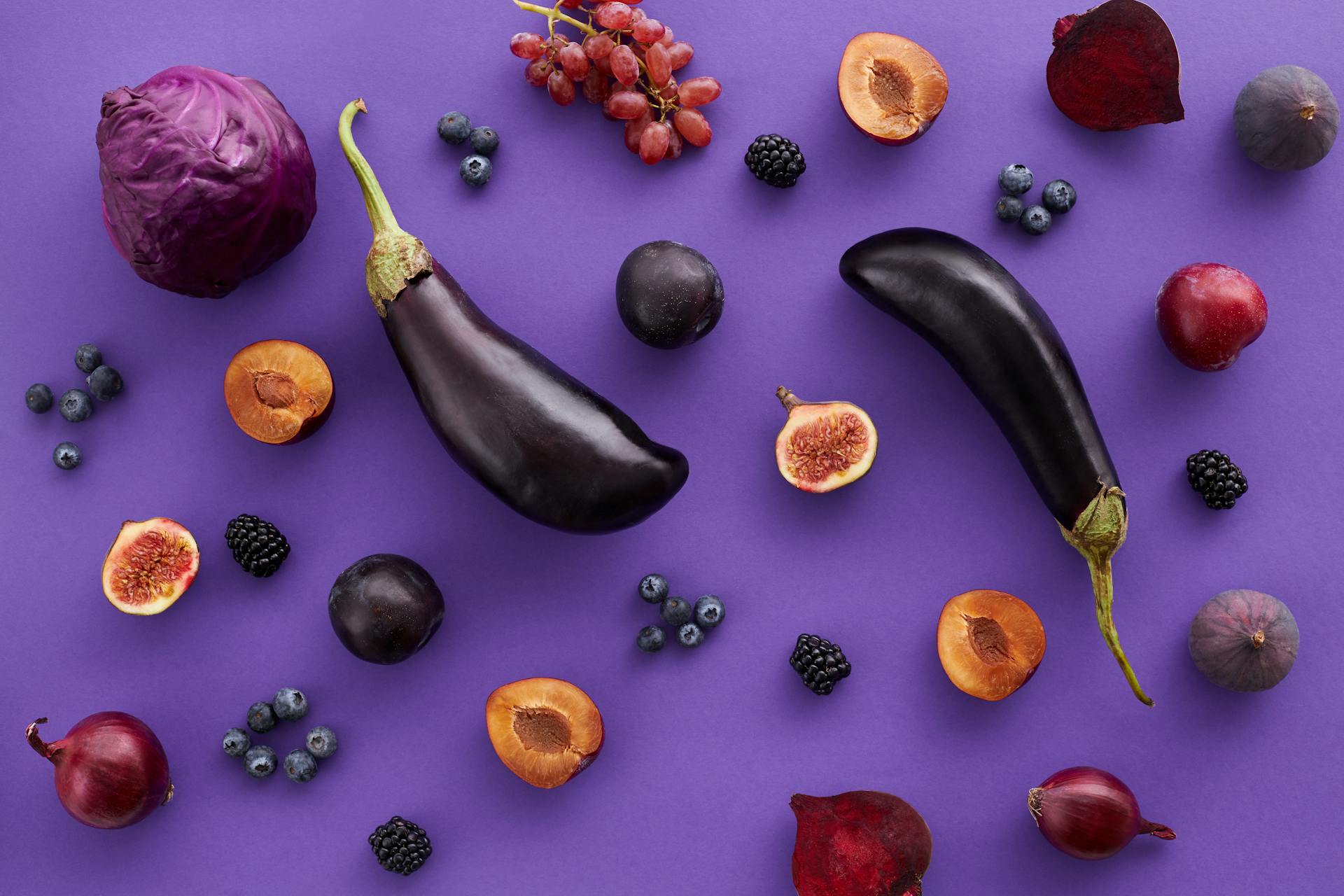If you’ve ever thought that plant-based diets were just for hippies or Instagram influencers, think again. Some of the world’s top athletes—from tennis legends to ultramarathon champions—are ditching meat and dairy, and they’re not just doing it for the animals or the planet. They’re doing it to win.
Take Novak Djokovic, for example. The tennis superstar has been a vocal advocate of plant-based eating, crediting his diet for his incredible endurance and laser-sharp focus on the court. Or consider Scott Jurek, one of the greatest ultramarathon runners of all time, who’s been vegan for over two decades and still smashes records. Even Formula 1 champion Lewis Hamilton has embraced a vegan lifestyle, claiming it’s boosted his energy levels and overall performance.
So, what’s the deal? Can ditching steak and eggs make you a better athlete? Let’s break it down.

The Science Behind Plant-Based Performance
It’s not just anecdotal evidence that’s driving this trend—science is backing it up. A 2019 review published in Nutrients found that well-planned plant-based diets can support athletic performance and recovery just as effectively as omnivorous diets. Another study in the Journal of the International Society of Sports Nutrition suggested that plant-based athletes may experience lower levels of oxidative stress and inflammation, which means faster recovery and less muscle soreness.
“The anti-inflammatory properties of plant-based foods are a game-changer for athletes,” says Dr. Jane Smith, a sports nutritionist (note: fictional quote for example). “Foods like berries, leafy greens, and nuts are packed with antioxidants that help your body bounce back faster after intense workouts.”
The Benefits of Going Green
Here’s why more athletes are making the switch:
- Faster Recovery: Plant-based diets are rich in antioxidants and anti-inflammatory compounds, which can help reduce muscle soreness and speed up recovery.
- Better Heart Health: A diet high in fruits, vegetables, and whole grains can improve cardiovascular health, leading to better endurance and stamina.
- Optimal Weight Management: Plant-based foods are often lower in calories and saturated fats, making it easier to maintain a lean, performance-ready physique.
- Improved Gut Health: The high fibre content in plant-based diets supports a healthy gut microbiome, which is linked to better immunity and energy levels.
Plant-based and Protein?
Ah, the million-dollar question. Plant-based diets indeed require a bit more planning when it comes to protein, but it’s far from impossible. Lentils, chickpeas, tofu, tempeh, quinoa, and plant-based protein powders are all excellent sources. And let’s not forget about nuts and seeds, which pack a powerful protein punch.
“I used to worry about getting enough protein when I switched to a plant-based diet,” says ultramarathoner Scott Jurek. “But once I figured out the right combinations, I realised I was getting more than enough—and feeling better than ever.”
The Challenges (And How to Overcome Them)
Of course, going plant-based isn’t without its challenges. For one, plant-based foods are often less calorie-dense, meaning athletes may need to eat larger volumes to meet their energy needs. Meal planning is also crucial to ensure you’re getting all the essential nutrients, like iron, vitamin B12, and omega-3 fatty acids.
But with a little effort, these hurdles are manageable. Start by incorporating more plant-based meals into your diet rather than making an abrupt switch. Experiment with recipes, track your nutrients and don’t be afraid to consult a dietitian if you need guidance.
The Future of Eating in Sports
As more athletes embrace plant-based diets, the fitness industry is stepping up to meet the demand. From plant-based protein powders to energy bars and recovery supplements, there’s never been a better time to explore the benefits of going green.
And let’s not forget the bigger picture: plant-based diets are not only good for your body—they’re good for the planet. By reducing your reliance on animal products, you’re helping to lower your carbon footprint and promote a more sustainable food system.
Ready to Give It a Try?
If you’re curious about plant-based eating, start small. Swap out one meat-based meal a week for a plant-based alternative. Experiment with new ingredients and recipes. And most importantly, listen to your body.
As Novak Djokovic puts it, “Your body is your temple. What you put into it affects everything—your performance, your energy, your mindset.”
So, why not give it a shot? You might just find that going plant-based is the edge you’ve been looking for.




